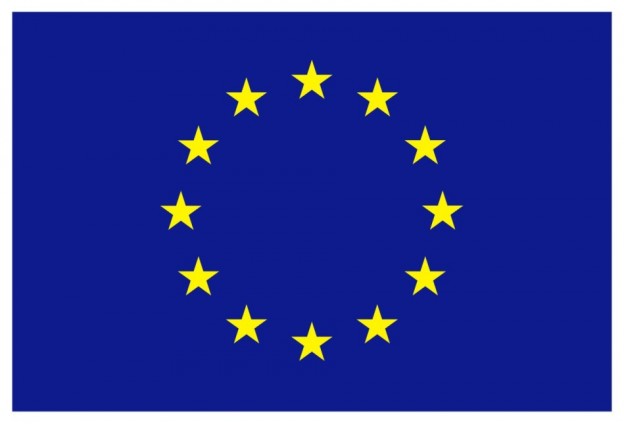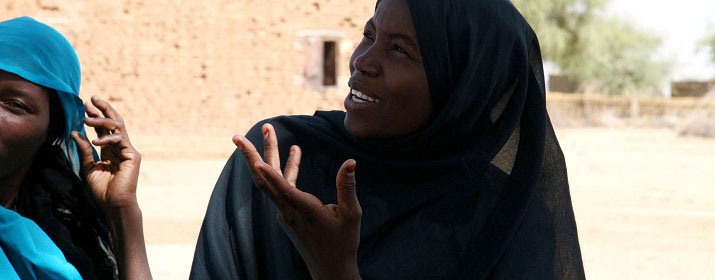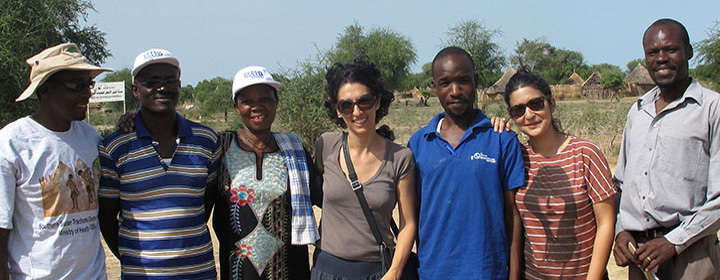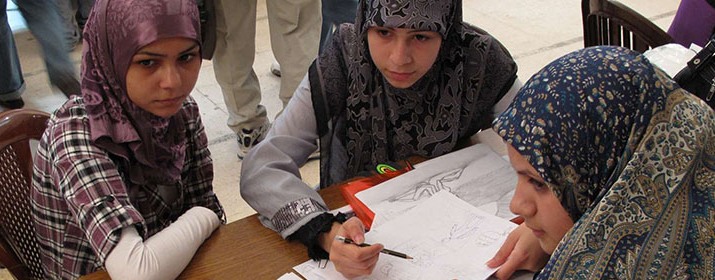A new EU policy paper –formally known as “a Communication” – setting out the role of private sector at the forefront of international development in its partner countries has been adopted today by the European Commission.
The Communication outlines a new strategic framework to ensure that private sector operations in developing countries have a positive impact on society – and particularly women, young people and the poor.
Development Commissioner, Andris Piebalgs, said: “The private sector has a crucial role to play in helping people to lift themselves out of poverty, but we have to make sure that it benefits all of society, not just the few. That’s why today’s new Communication is so important – ensuring that businesses find an enabling environment to invest more, and more responsibly, in developing countries to help everyone enjoy the economic opportunities which the private sector can bring.”
The new communication proposes 12 concrete actions in order to, for instance, improve regulatory business environments in partner countries, support business development and increase access to finance with a focus on micro, small and medium-sized businesses in the formal and informal sector, which play a particularly vital role in job creation.
The Communication also identifies actions in other areas such as sustainable energy, sustainable agriculture, infrastructure and the green sectors, where private sector engagement can effectively complement and add value to EU development assistance, including through the use of blending (combining grants and loans).
Promoting responsible investment in developing countries, sustainable trade or inclusive investment into low-income markets are also highlighted as a key priority to maximise private sector positive impact on development
Currently, an estimated 60 to 80 per cent of businesses in developing economies are informal firms. They represent a huge potential for growth and job creation, and the fact that they are operating outside formal law must not exclude them from support through development assistance.
The Communication also proposes to step up EU’s support to raising productivity and working conditions in the informal economy and help countries move to a formal economy, where possible. This could be done through the provision of training and expertise to informal support organisations, such as producer associations, or contributing to a safer working environment and easier access to markets, finance, infrastructure and social services.
COMMUNICATION FROM THE COMMISSION TO THE EUROPEAN PARLIAMENT, THE COUNCIL, THE EUROPEAN ECONOMIC AND SOCIAL COMMITTEE AND THE COMMITTEE OF THE REGIONS A Stronger Role of the Private Sector in Achieving Inclusive and Sustainable Growth in Developing Countries









